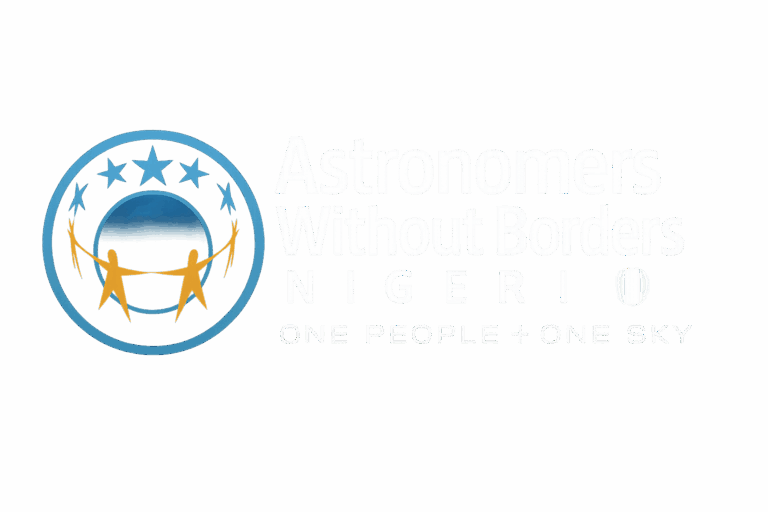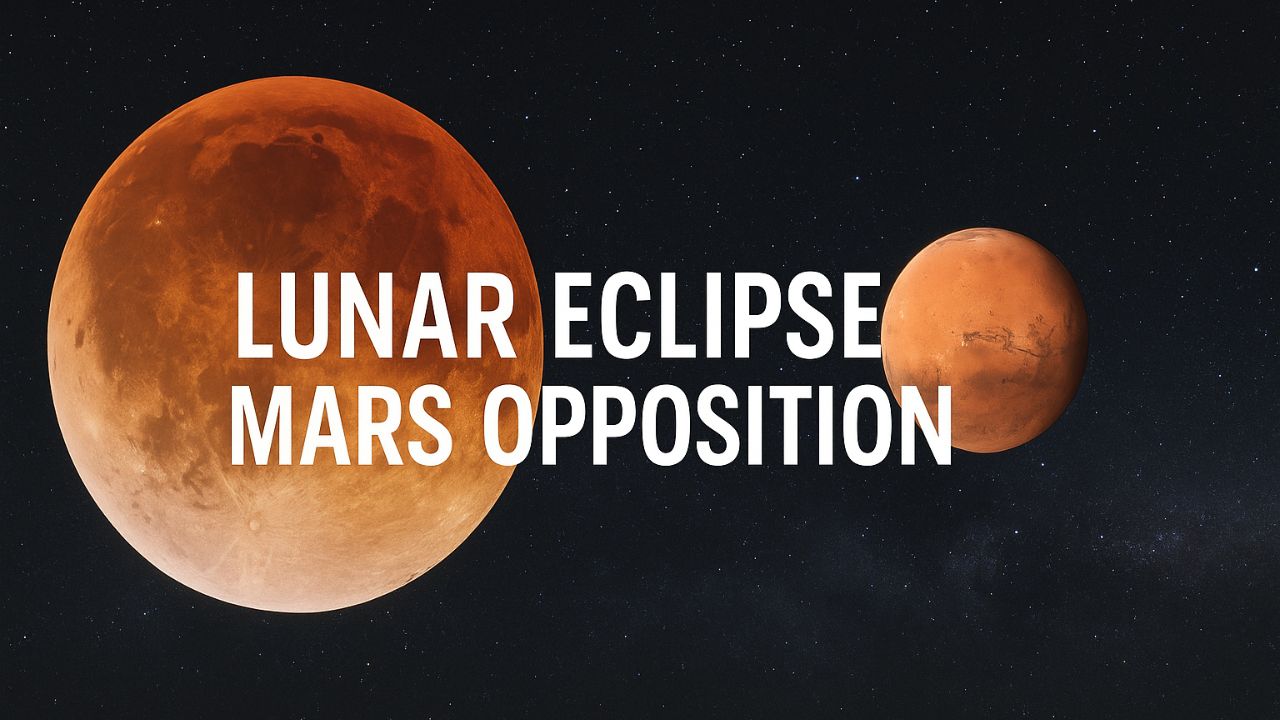In a rare and spectacular astronomical occurrence, skywatchers in Nigeria and around the world were treated to a stunning double feature: a total lunar eclipse followed closely by the opposition of Mars. These celestial events provided an extraordinary opportunity for education, engagement, and astronomical wonder—especially for students and enthusiasts under the guidance of Astronomers Without Borders Nigeria (AWB Nigeria).
These events did not just light up the night sky; they reignited curiosity and passion for space science across classrooms, clubs, and communities nationwide.
What is a Lunar Eclipse?
A lunar eclipse occurs when the Earth comes directly between the Sun and the Moon, casting its shadow on the Moon. When perfectly aligned, the Earth blocks the sunlight from reaching the Moon, turning the lunar surface a deep reddish hue—often called a “Blood Moon.”
 South Africa Weekend Weather September 2025 – Provinces Alerted of Dangerous Rain Conditions
South Africa Weekend Weather September 2025 – Provinces Alerted of Dangerous Rain Conditions
The recent total lunar eclipse, visible from large parts of Nigeria, offered a clear and beautiful view for those who stayed up into the night. It lasted over three hours in total duration, with totality reaching nearly 90 minutes, making it one of the longest eclipses in recent years.
What is Mars Opposition?
Mars opposition happens when the Earth is directly between Mars and the Sun, placing all three bodies in a straight line. During opposition, Mars is closest to Earth, appearing brighter and larger in the night sky than at any other time in its orbit. This is also the ideal time to observe Mars through a telescope, as surface features like its polar ice caps and reddish terrain become more visible.
This year’s opposition occurred just days after the lunar eclipse, creating a week-long festival of celestial beauty for astronomy clubs, students, and educators.
AWB Nigeria’s Nationwide Engagement
In anticipation of these events, AWB Nigeria conducted awareness campaigns, workshops, and telescope viewings across schools and community centers in collaboration with local chapters. The key activities included:
- Public Skywatch Events in Abuja, Lagos, Jos, and Enugu.
- Virtual Astronomy Webinars explaining the science behind lunar eclipses and Mars oppositions.
- Observation Challenges for students, with prizes for best astrophotography and event reports.
- Hands-on Telescope Training to teach basic alignment, tracking, and observation techniques.
Schools involved in AWB’s astronomy outreach programs encouraged students to record lunar phases, compare the brightness of Mars across the week, and understand orbital mechanics using visual aids.
Educational Importance
Events like these are crucial to science education because they:
- Allow real-time application of classroom physics and astronomy concepts.
- Stimulate critical thinking and curiosity about planetary motion and space science.
- Encourage young people to engage in citizen science, astrophotography, and data logging.
- Bridge the gap between theoretical learning and observational experience.
Several students were able to track the eclipse’s stages: penumbral, partial, and total. Others focused on Mars’ change in brightness and position from evening to midnight skies.
 September 2025 R12,500 Youth Grant – Application Window Open With Step-by-Step Instructions
September 2025 R12,500 Youth Grant – Application Window Open With Step-by-Step Instructions
Quotes from Participants
A teacher from Kano State said, “This event brought space closer to our students than any textbook ever could. Many are now asking how to join astronomy clubs and even pursue careers in astrophysics.”
A 16-year-old student in Abuja noted, “I saw the eclipse turn red with my own eyes and later saw Mars rising like a red star. It felt like the universe was performing live just for us.”
AWB’s Vision: “One People, One Sky”
The dual occurrence of the eclipse and opposition reflects the AWB motto—One People, One Sky. Regardless of language, religion, or geography, all humans on Earth see the same sky. Events like this unite us in awe, humility, and shared wonder.
AWB Nigeria continues to leverage such moments to:
- Promote cross-cultural understanding through science.
- Inspire the next generation of Nigerian astronomers, engineers, and thinkers.
- Build a stronger network of educators committed to STEM advancement.
How to Stay Engaged
AWB Nigeria encourages students and educators to:
- Follow upcoming events like meteor showers, planetary conjunctions, and solar eclipses.
- Start or join local astronomy clubs.
- Use free mobile apps or planetarium software to track celestial movements.
- Participate in national programs like the Microgravity Research Contest.
The lunar eclipse and Mars opposition were more than sky events—they were opportunities for learning, community, and inspiration. As the skies continue to unfold their secrets, AWB Nigeria stands ready to guide, educate, and uplift through the power of astronomy.
Keep looking up—because the sky is not the limit, it’s just the beginning.




